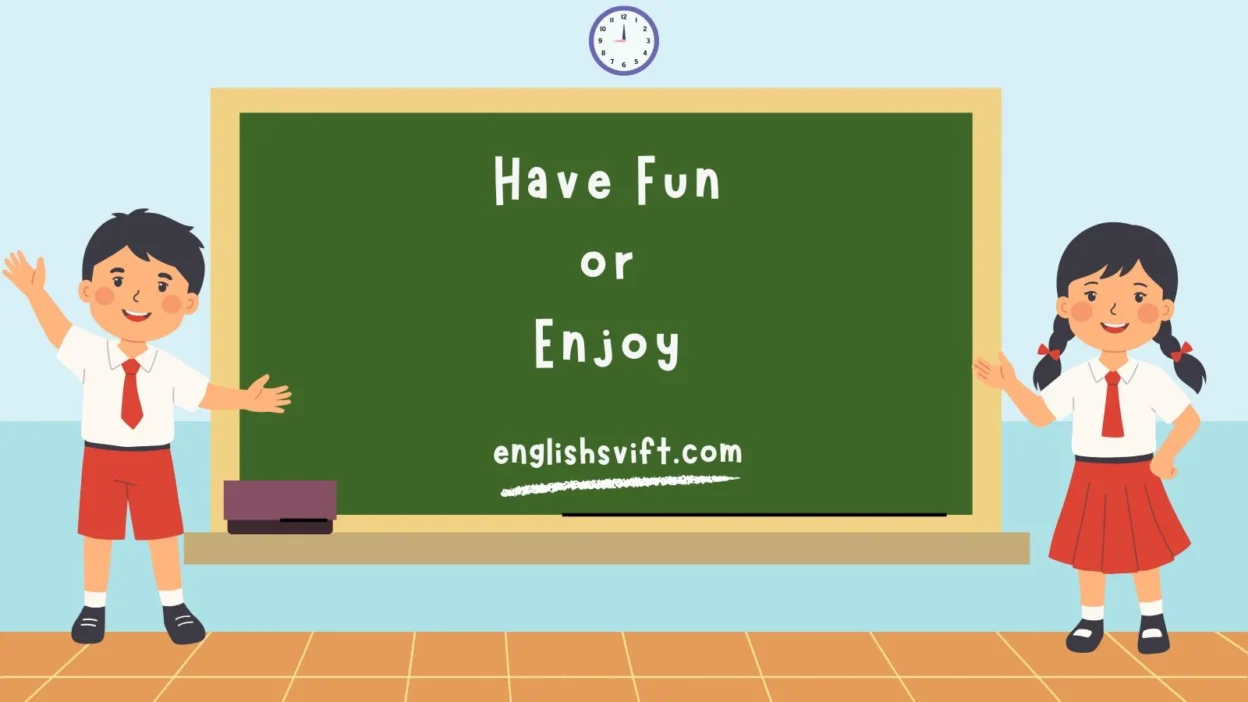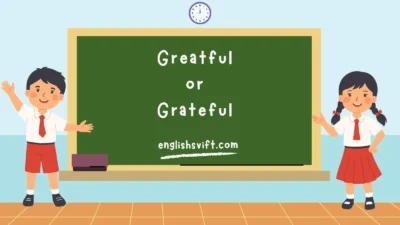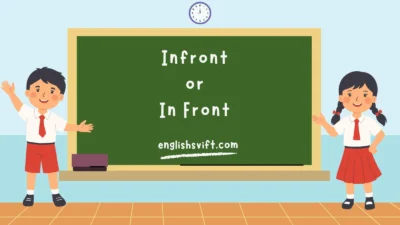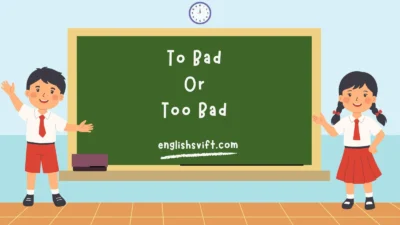Language is full of expressions that look the same on the surface but carry subtle differences in tone, intent, and context. “Have fun” and “enjoy yourself” are two such phrases.
Both are common, widely used expressions to wish someone well, but choosing the right one depends on the situation, formality, and emotional nuance you want to convey.
Whether you’re encouraging a friend before a party, inviting colleagues to relax after work, or writing a polished note in a formal setting, understanding the difference can help you express yourself more accurately and effectively.
This article unpacks the meaning, usage, tone, and cultural impact of “have fun” vs. “enjoy,” with real-life examples, synonym tables, grammar tips, and expert insights so you can use each confidently in 2025 and beyond.
What “Have Fun” and “Enjoy” Really Mean in Everyday English
| Phrase | Core Meaning | Emotional Tone | Typical Context |
| Have Fun | Engage in an enjoyable, lively activity | Energetic, playful, informal | Parties, games, outings |
| Enjoy Yourself | Experience pleasure or satisfaction | Relaxed, appreciative, sometimes formal | Dinners, vacations, polite wishes |
Have fun focuses on action and activity.- Enjoy yourself focuses on feeling and appreciation.
Example:
- “Have fun at the amusement park!” (energetic vibe)
- “Enjoy yourself at the spa.” (calm, relaxed vibe)
The Subtle Nuances Between Having Fun and Enjoying Yourself
While interchangeable in many casual conversations, they differ in tone and emphasis:
| Aspect | “Have Fun” | “Enjoy Yourself” |
| Action vs. State | Active participation | Contentment, satisfaction |
| Vibe | Playful, casual | Polished, considerate |
| Energy Level | High energy, movement | Can be slow-paced |
| Occasion | Social, lively events | Any situation, formal or informal |
“Have fun” is like a quick burst of laughter; “enjoy yourself” is like savoring a good meal.
Common Situations Where “Have Fun” Works Best
Have fun fits casual, energetic situations such as:
- Hanging out with friends
- Going to concerts, parties, festivals
- Playing sports or games
- Spontaneous adventures
Example:
“You’re going to the beach today? Have fun!”
When to Use “Enjoy Yourself” for a More Sophisticated Tone
Enjoy yourself works well when you want a slightly formal, polished feel:
- Dinner parties or formal gatherings
- Vacations or trips
- Wishing someone peace and relaxation
- Writing cards or formal invitations
Example:
“Enjoy yourself at the company retreat.”
Formal vs. Informal Contexts: Choosing the Right Expression
| Context | Better Choice | Why |
| Office farewell email | Enjoy yourself | Sounds professional |
| Quick text to a friend | Have fun | Feels natural |
| Wedding guest message | Enjoy yourself | Polite and warm |
| Sports team send-off | Have fun | Boosts energy |
How Personal Preference Shapes Word Choice in Social Settings
Some people personally feel one phrase fits them better.
- Extroverts often lean toward “have fun” for its upbeat energy.
- Introverts may prefer “enjoy yourself” for its calmer tone.
Are “Have Fun” and “Enjoy” Interchangeable? The Real Answer
They can be interchangeable in casual settings, but in professional or formal contexts, “enjoy yourself” is safer.
Example:
- ✅ “Enjoy yourself at the gala.” (professional)
- ✅ “Have fun at the concert.” (casual)
- ❌ “Have fun at the board meeting.” (too playful)
The Role of Culture and Region in Expression Usage
In American English, both are common.
In British English, “enjoy yourself” appears slightly more often in polite exchanges.
In informal online chat, “have fun” dominates.
How “Have Fun” Encourages Action and Energy
The phrase pushes someone toward active participation—games, laughter, movement.
Example:
- “Have fun exploring the city!”
- “Have fun playing your favorite sport tonight.”
Why “Enjoy” Emphasizes Contentment and Appreciation
“Enjoy” is about being present and feeling satisfied, not necessarily moving around.
Example:
- “Enjoy your peaceful moment in the garden.”
- “Enjoy the taste of that delicious dessert.”
The Difference Between Active and Passive Experiences
| Experience Type | Best Fit | Example |
| Active (sports, dancing) | Have fun | “Have fun at the salsa class!” |
| Passive (watching a movie, sunset) | Enjoy yourself | “Enjoy yourself during the show.” |
Short-Term Thrills vs. Long-Term Satisfaction in Language Use
- Have fun = short bursts of laughter and excitement
- Enjoy = longer-lasting satisfaction and appreciation
Expression Use in Group vs. Individual Activities
- Group: “Have fun” feels communal.
- Individual: “Enjoy yourself” feels more personal.
Spoken vs. Written English: Where the Phrases Shine
| Medium | Best Choice |
| Text/Chat | Have fun |
| Greeting cards | Enjoy yourself |
| Formal email | Enjoy yourself |
| Instagram captions | Either |
Comparing Casual, Social, and Professional Contexts
Casual → “Have fun!”
Professional → “Enjoy yourself.”
Social → Either, depending on vibe.
Examples from Real-Life Events, Gatherings, and Occasions
| Event Type | Recommended Phrase | Reason |
| Concert | Have fun | Energetic atmosphere |
| Spa Day | Enjoy yourself | Relaxation |
| Family BBQ | Have fun | Playful |
| Art Exhibition | Enjoy yourself | Appreciation |
How to Wish Someone a Good Time the Right Way
You can mix it up:
- “Have fun and enjoy the moment.”
- “Enjoy yourself—you’ve earned it!”
The Psychology Behind Fun and Enjoyment
Psychologists note:
- Fun = dopamine spike, short-term mood lift.
- Enjoyment = contentment, deeper emotional satisfaction.
Idioms, Synonyms, and Alternative Phrases You Can Use
| Fun Alternatives | Enjoy Alternatives |
| Have a blast | Savor the moment |
| Live it up | Relish the experience |
| Go wild | Appreciate the time |
| Make memories | Take pleasure in |
Grammar Tips for Using “Have Fun” and “Enjoy” Correctly
- Have fun is an imperative (command form).
- Enjoy yourself uses a reflexive pronoun for emphasis.
Example:
- Correct: “Have fun at the party.”
- Correct: “Enjoy yourself during the trip.”
Lively vs. Relaxed Vibes: Choosing the Expression that Fits
- Lively vibe → “Have fun!”
- Relaxed vibe → “Enjoy yourself.”
How to Switch Between Phrases Without Sounding Repetitive
Alternate with synonyms, idioms, or rewording:
- “Make the most of it.”
- “Savor every second.”
Common Mistakes and Misunderstandings to Avoid
❌ Using “have fun” in solemn contexts (funerals, memorials)
❌ Overusing one phrase until it loses meaning
Expert Insights from Teachers, Writers, and Language Nerds
Language instructors often suggest teaching both expressions to students early, as they’re commonly used in daily conversation but subtly different.
Final Thoughts: Embracing the Full Spectrum of Enjoyment
Whether you’re sending a text, writing a card, or speaking face-to-face, knowing when to say “have fun” and when to say “enjoy yourself” adds depth and precision to your communication.
FAQs
Q1: Are “have fun” and “enjoy yourself” always interchangeable?
A: No. They overlap but differ in tone and formality.
Q2: Which is more formal?
A: “Enjoy yourself” generally carries more formality.
Q3: Can I use “have fun” in professional emails?
A: It’s better to use “enjoy yourself” in professional writing.
Q4: Is “enjoy” always followed by “yourself”?
A: Not always. “Enjoy the meal” works fine without it.
Q5: Which is better for social media captions?
A: Either, depending on whether you want energetic or relaxed vibes.



